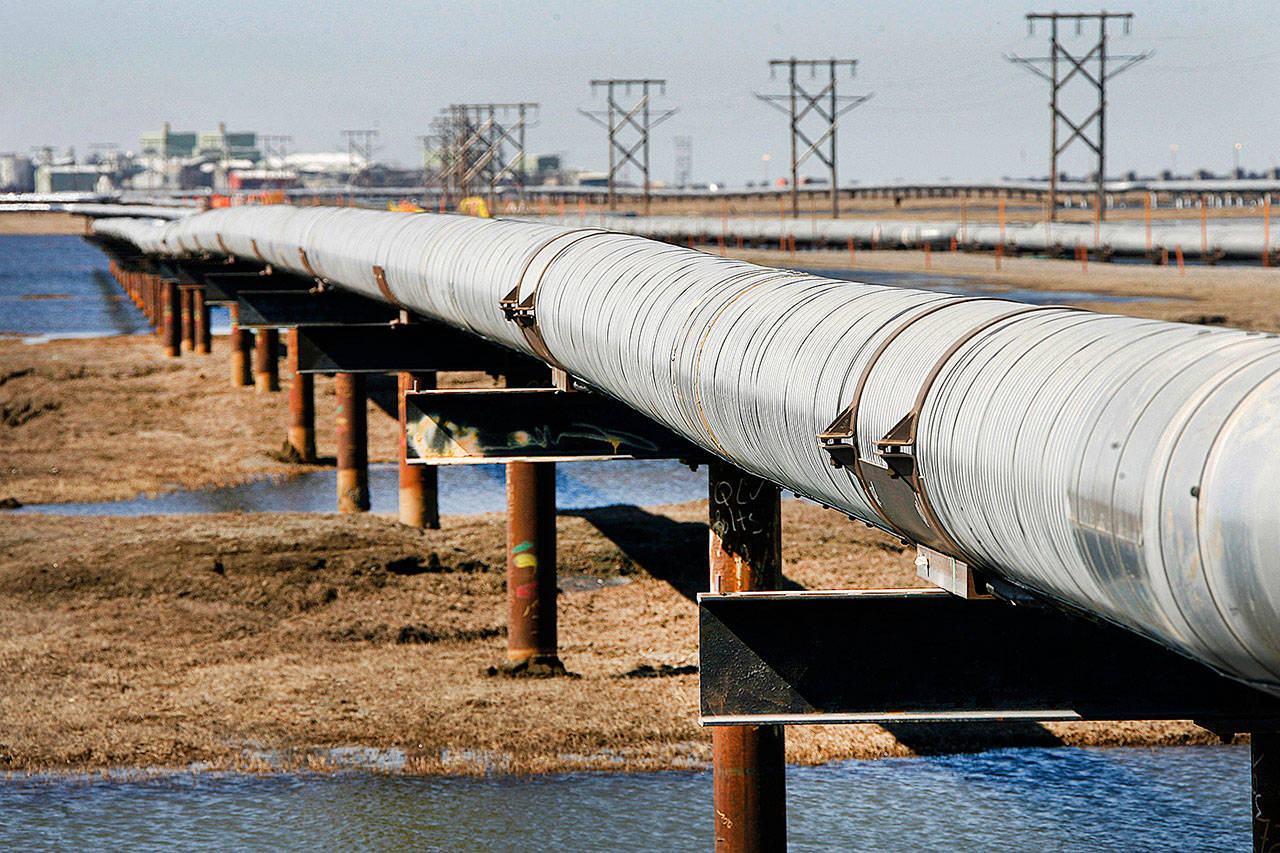I’ve been lucky enough to spend my entire life in Alaska. I received my education, owned and managed businesses, taught students, and held public office all in our great state. During this time, I’ve developed a deeper appreciation for the kind of life that Alaska’s land allows us to live. Right now, this way of life is in jeopardy.
A new ballot measure has been proposed that, if enacted, would increase taxes on the oil industry by over 300%. You’re being told that this proposal will solve all of our state’s budget problems without stunting economic growth or taking away jobs from you and your neighbors. Common sense tells us the opposite is true. When you increase taxes on something, you get less of it, not more. Our economy will contract and we will lose jobs if this measure passes.
Alaska has either changed or proposed changes to oil taxes almost every year in the past 10 years. This is the very definition of instability, and a bad way to run a state. Radical tax proposals like the one being debated now certainly create even more instability and uncertainty, a lose-lose for the government and citizens.
The oil industry already pays the lion’s share of taxes in Alaska. In 2018, it provided about 80% of the state’s spending money. We also have this industry to thank for thousands of Alaska jobs. Even in this tough economic environment we find ourselves in, oil and gas added 300 additional jobs for Alaskans last year. Everything points to this being an industry we need to invest in, not tax even more.
Right now, the North Slope is bustling with activity levels not seen in years. New discoveries in the short-term represent hundreds of thousands of barrels of daily production and over $24 billion in new investment. Alaska still has billions of barrels of oil beneath its surface. For that oil to leave the ground — and create much-needed revenue and jobs — billions in investment dollars are required. During my time as speaker of Alaska’s House of Representatives, I fought to encourage this industry’s growth. My time in office ended years ago, but, fortunately, the OneAlaska campaign is making the same stand that I once did.
The OneAlaska Campaign is an honest collection of Alaskan voices — labors leaders, members of the business community, independent thought leaders, Alaska Native corporation leadership, and former representatives like me — coming together to protect the best interest of our communities. When it comes to the industry that serves as our economic engine, we need to encourage stable policy — not a more radical version of the same tax hike we’ve seen for years. That means voting no on this extreme ballot measure, and protecting our state’s economy and jobs.
If I’ve taken anything away from my two decades in politics, it’s that compromise is necessary to make a real, positive change in a community. This latest oil tax proposal is not the type of balanced measure that Alaska needs. This newest tax hike is just more of the same, and, until we can meet in the middle and put extreme proposals to the side, we’re going to keep getting the same results.
Gail Phillips is a former Speaker of the Alaska House of Representatives.
Gail Phillips is a former House of Representatives Speaker.

